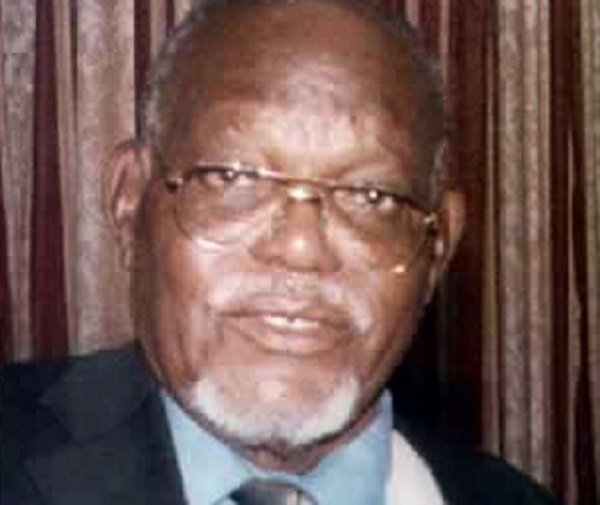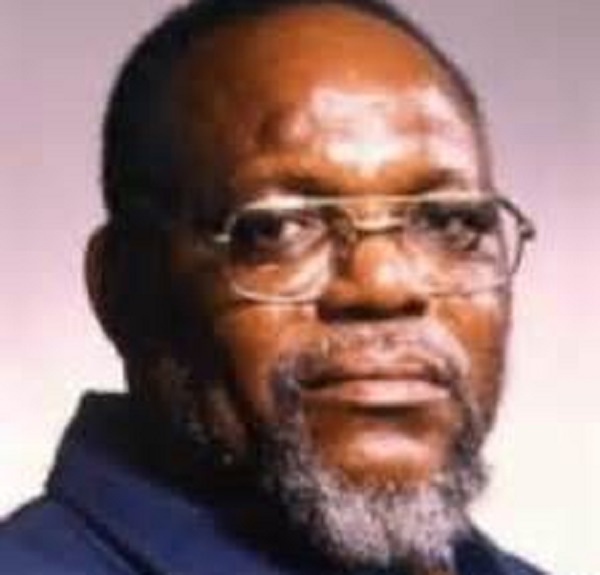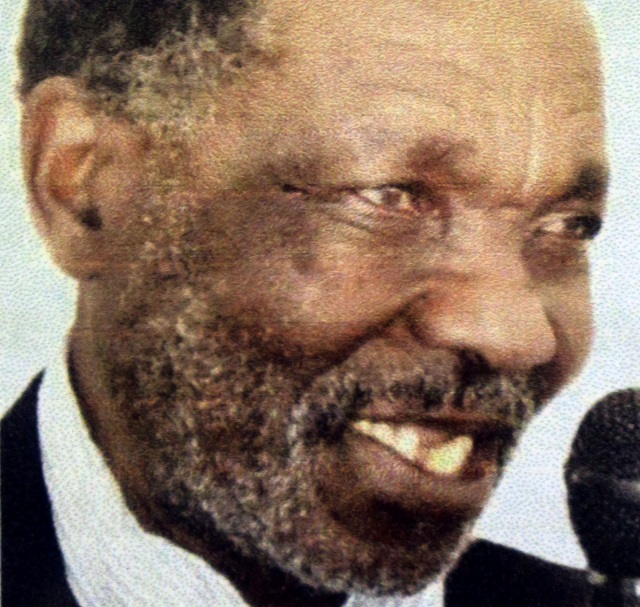‘Dr Mzee’, defied the odds to become a luminary

THE late Vice President, Dr Simon Muzenda, a key figure in the pre and post-independence periods of Zimbabwe’s history, was born in a peasant family in Gutu district in Masvingo Province on October 28, 1922.
He died 13 years ago, about a month before his 81st birthday.
Dr Muzenda, also known as the Soul of the Nation, had three brothers and a sister.
He was brought up by his grandmother, tending cattle in the rural areas until he was 14.
He later started his primary education at Nyamande in the same district then proceeded to Gokomere Mission, a Roman Catholic-run institution near Masvingo.
Young Simon later moved to Domboshava where he did his Standard Six after which he trained as a teacher, one of the few professions open to blacks during the colonial era.
He taught at Empandeni Mission near Plumtree in Matabeleland South for four years.
Not satisfied with his modest qualifications and teaching job, young Muzenda left the country for South Africa’s Marianhill College, where he attained a diploma in carpentry.
He spent two years teaching carpentry at Mayville in Durban at the Mazenod Catholic School.
At the same time he was corresponding for his National Senior Certificate.
Later he returned home and married Maud in Masvingo and shortly after their marriage, the couple moved to Bulawayo where Dr Muzenda landed a job as a clerk at a plywood factory.
He changed employers when he joined Furniture Factories and later Wilfred Mart.
Around that time he developed an interest in politics.
He had an illustrious political career which saw him holding senior posts in a number of the early political parties such as the Voice Association, National Democratic Party, Zimbabwe African People’s Union and Zimbabwe African National Union and later Zanu-PF.
He played a significant role in the formation of the Voice Association and fittingly became its secretary general in 1953.
He worked with the late nationalist Benjamin Burombo, then president of Voice Association. They both helped put up a strong fight against draconian colonial laws such as the Native Land Husbandry Act.
In 1961 when the NDP was formed, he was elected chairman of the Mvuma branch before he became its organising secretary. But soon the colonial regime of the day banned the NDP.
Dr Muzenda, together with other nationalists such as the late Vice President Dr Joshua Nkomo then formed Zapu.
He got the post of administrative secretary of Fort Victoria (now Masvingo) branch. His political activism predictably got him into trouble with the colonial regimes.
As a result, he was arrested and detained on several occasions.
He was detained at Wha Wha, Sikombela and Gokwe prisons and later the Harare Maximum Prison in 1965.
For six years he was kept in colonial jails with several other freedom fighters until he was released in November 1971.
During his time in detention, Dr Muzenda studied several academic subjects.
He attained a diploma in economics and another one on the British constitution.
At one point, Dr Muzenda was arrested in Zvishavane after he publicly recited a poem, Nehanda Nyakasikana which was almost a national anthem for blacks at the time.
The poem, penned by the late literary guru, Professor Solomon Mutsvairo, denounces social injustice, so the paranoid regime of the day thought that those who recited it were indirectly attacking colonial ideals.
He was tried and predictably convicted by the High Court and sentenced to a 12-year jail term. He however successfully appealed against the jail term, which was reduced to two years.
Out of detention, he again engaged in liberation activities and helped in galvanising the nation against the (Ian) Smith-Home proposals during the time of the Pearce Commission in 1972.
Three years later, he became a member of the Zanu Central Committee. During that time, he fled the country for Zambia where he looked after more than 16 000 Zanu cadres in Lusaka.
Later he went to Mozambique, linking up with President Mugabe to plan and execute the liberation war.
He also settled with his family in Mozambique. As a result, he lost one of his daughters, Theresa Muchapedzei, who died on the war front when Rhodesian forces attacked Chimoio Camp in 1977.
In that year, the selfless cadre was elected Vice President of Zanu at the Chimoio party congress and was a key member of various delegations that took part at various meetings such as the Geneva, Malta and Lancaster House conferences.
In 1980, he was elected to Parliament and later appointed to the post of Deputy Prime Minister and Minister of Foreign Affairs.
Seven years later he was appointed, together with Dr Nkomo to the post of Vice President following the signing of the landmark Unity Accord.
In 1986, as chairman of the Cabinet committee on the hosting of the Non-Aligned Movement, he successfully dealt with the complex and high level preparations for the NAM Summit held that year.
In recognition of his immense contribution to the socio-economic development of the country before and after majority rule, the University of Zimbabwe conferred him with an honorary Doctor of Laws degree on November 20, 1999.
A humorous character, Dr Muzenda had guests at his graduation party in stitches when he declared that the honorary degree bestowed on him by the University of Zimbabwe had made him “Y2K compliant”. His life and legacy shall always be remembered fondly.










Comments